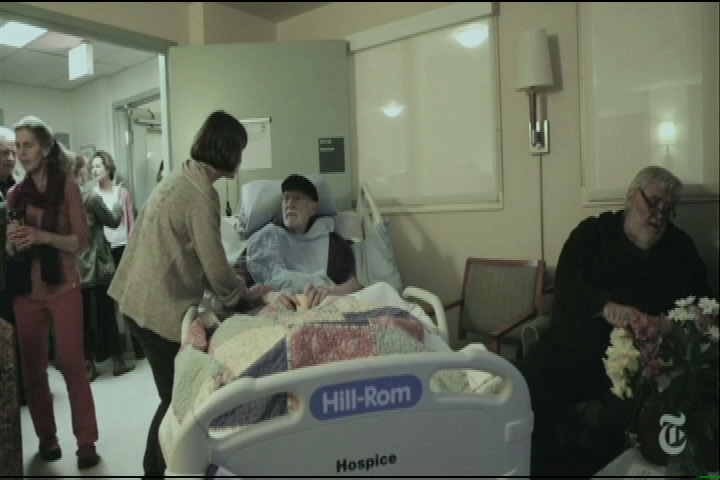WATCH: One year since medically-assisted death became legal in Canada, nearly 200 people on Vancouver Island have made that choice. April Lawrence reports.
It was more than 20 years ago when Victoria resident Sue Rodriguez fought, and lost, her battle for a medically-assisted death.
It started a national conversation that led to it being legalized in June 2016.
Now, people like former labour leader John Shields, facing a terminal illness, are making the choice for a medically-assisted death.
Shields emotional final goodbye at Royal Jubilee Hospital was profiled by the New York Times last week.
“I think he felt strongly this was one of the most important things he did, and he’s done a lot of extraordinary things,” said his doctor, Dr. Stefanie Green.
Green has dedicated nearly her entire practice now to helping eligible patients.
“I’ve been involved in roughly 120 consultations and I’ve helped over 40 people end their life,” Green said.
Green is one of 18 doctors on Vancouver Island authorized to provide medical assistance in dying.
“Here on the island, there’s actually more per capita than pretty much anywhere else in the country,” she said.
That number has increased steadily from one it was first legalized.
“We started out a year ago with five so people are becoming more involved in the process,” Dr. David Robertson, Island Health’s executive lead on medical assistance in dying, said.
“Physicians are becoming more willing to sign on when their own patients are looking for an assisted death,” Robertson said.
Vancouver Island also has one of the highest rates of people who have died with doctor assistance ? 186 people in the past year, or three per cent of all deaths.
“There’s more interest in the topic, there’s more request for the care, there’s more people available to provide it, and there’s a population that’s more eligible, I think all of these things have come together to create this,” Green said.
But while Canada has come a long way, most agree there is still work to be done. One of the biggest issues is the requirement that patients have a terminal diagnosis.
“So you have people have say dementia, they’re starting dementia, they know down the road they would not be eligible, but because their death is not reasonably foreseeable they don’t meet the criteria today,” Jeffrey Brooks, with Dying with Dignity Victoria, said.
Green says the hardest part of her job is turning people who are suffering away.
And she hopes the law will evolve so that more people facing death can take control over when and how they say their final goodbye.





